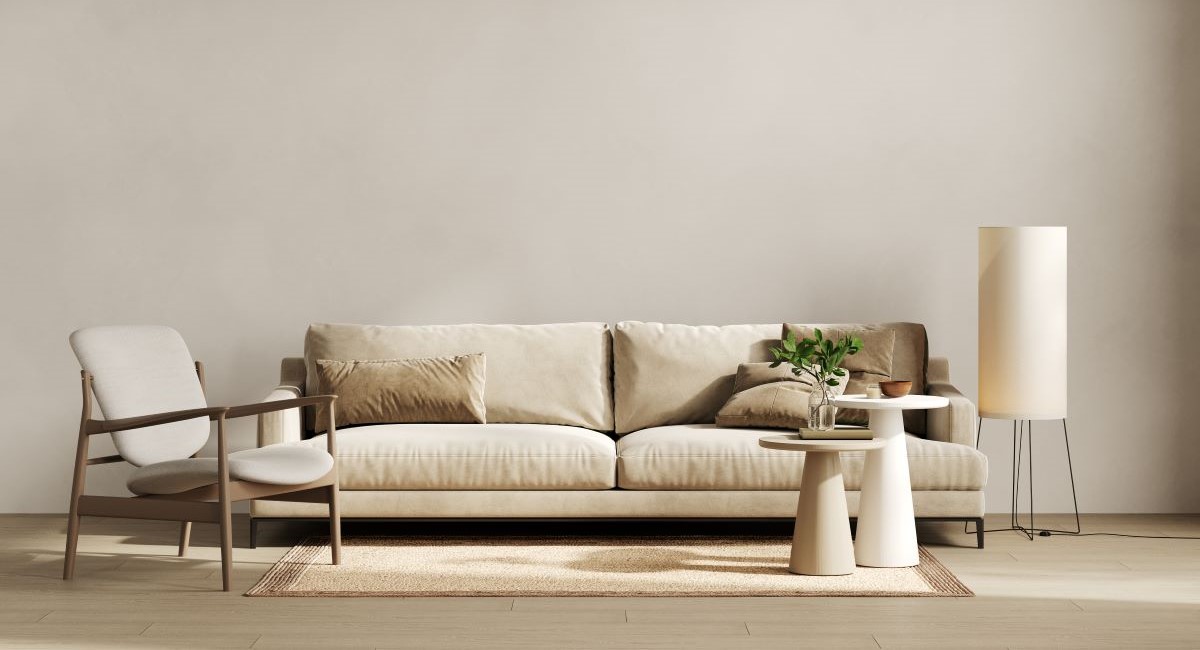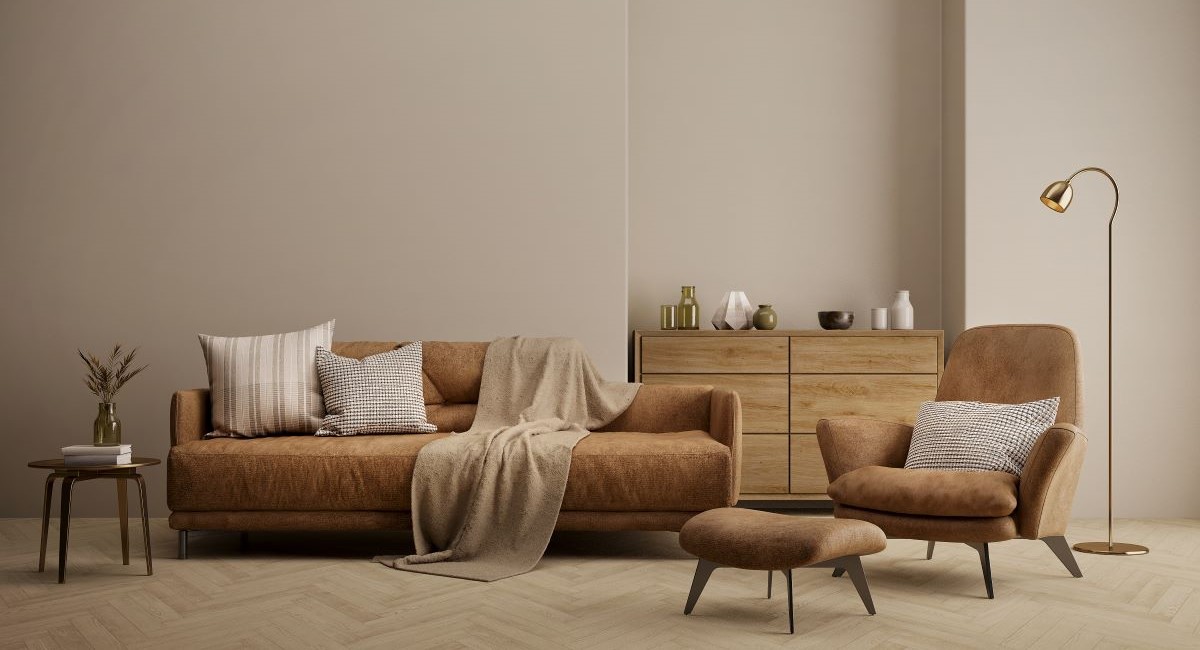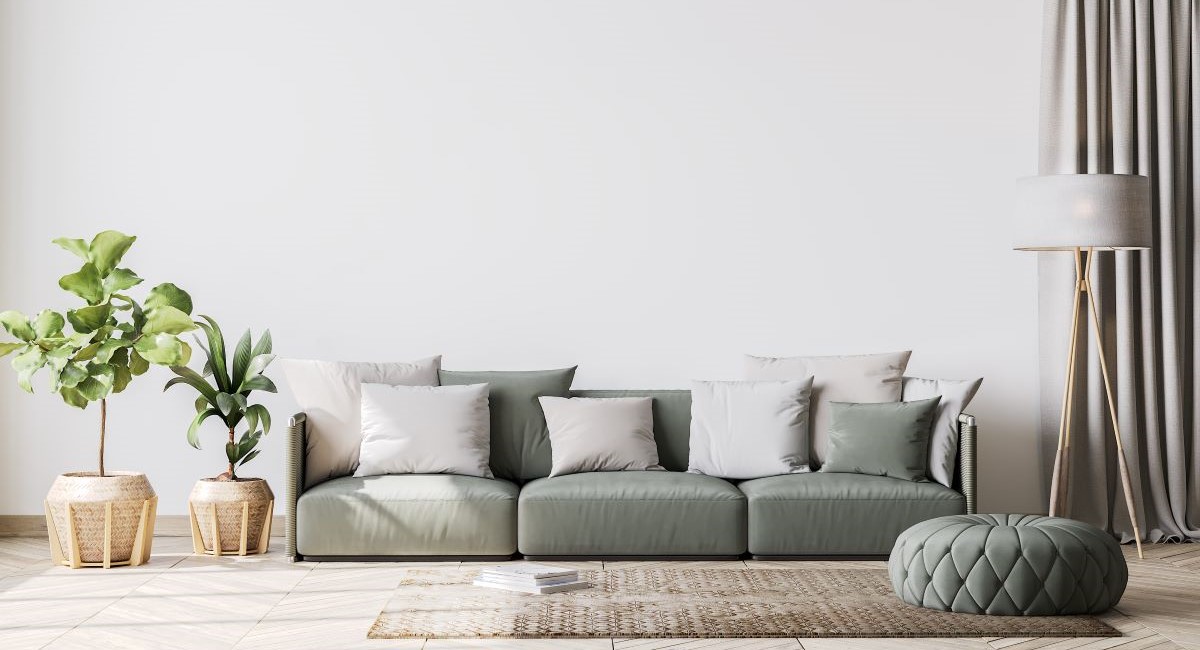In Taiwan’s rental market, terms like “studio,” “shared room,” and “partitioned room” often appear in listings. But many people are confused by what they actually mean. This article helps you quickly understand the three most common rental types—independent studio, partitioned studio, and shared room—by breaking down their definitions, pros and cons, and who they are best suited for.
What is a Shared Room?
A shared room refers to a private bedroom without an en-suite bathroom. Tenants must share bathrooms, kitchens, and laundry machines with others. Shared rooms usually have the lowest rent and are easier to find in central locations.
✅ Pros:
- Low rent, making it ideal for students and people on a tight budget.
- Bills like rent and utilities are shared, reducing financial pressure.
- If public areas are well-managed, living conditions can still be good.
❌ Cons:
- Shared bathrooms may be inconvenient or unsanitary, depending on roommates.
- Lower security and mixed tenant quality.
- Shared equipment usage can lead to friction or disputes.
What is a Partitioned Studio?
Also known as a “cubicle studio,” this type is created by dividing a whole apartment into smaller units. Each room usually has a private bathroom, but doesn’t have an independent house number or utility meter. Electricity is calculated via sub-meters, and rates are set by the landlord.
✅ Pros:
- Includes private bathroom and basic furniture, more privacy than shared rooms.
- Cheaper than independent studios, suitable for renters who want private space but are on a budget.
- Some bills like internet and utilities are shared, reducing costs.
❌ Cons:
- Bathrooms are often added later, leading to elevated floors or visible plumbing work.
- No independent meter or address, and shared spaces may lack balconies or kitchens.
- Common in older buildings, fire safety may be a concern.
What is an Independent Studio?
An independent studio is designed as a self-contained residential unit with its own address, property title, and individual utility meters. It typically includes a private bathroom, kitchen, bedroom, and sometimes a small living area—a truly compact but complete home.
✅ Pros:
- Fully independent living with private utilities and complete functionality.
- Transparent utility fees with official billing from Taipower and water companies.
- No need to share space or bills with others—more freedom and privacy.
❌ Cons:
- Highest rent and all bills are paid by the tenant, leading to higher monthly expenses.
- If the unit ownership belongs to different landlords, the neighbor composition tends to be complex and unpredictable.
- These studios are often located in high-density areas, where car and scooter parking may be limited.
Quick Comparison Table:
Feature | Shared Room | Partitioned Studio | Independent Studio |
| Private Bathroom | ❌ Shared | ✅ Yes | ✅ Yes |
| Utility Billing | Shared/sub-meter | Sub-meter, set price | Official billing |
| Rent Level | 💰 Low | 💰💰 Medium | 💰💰💰 High |
| Independent Address | ❌ No | ❌ No | ✅ Yes |
| Shared Common Areas | ✅ Yes | ✅ Possibly | ❌ None |
| Ideal For | Students, budget | Working couples | Privacy-focused renters |
👹 Related Read: What’s the Difference Between a Security Deposit and a Reservation Deposit in Taiwan?
Final Thoughts: Which Type Should You Choose?
- If you're on a tight budget and don’t mind sharing, a shared room is the most affordable.
- If you need private facilities but can share some space, a partitioned studio offers a good balance.
- If you prioritize independence and privacy, an independent studio offers the most home-like experience.
No matter which option you choose, make sure to review your rental contract carefully and establish clear house rules with roommates or landlords. That way, you can enjoy a safe and comfortable living environment.


